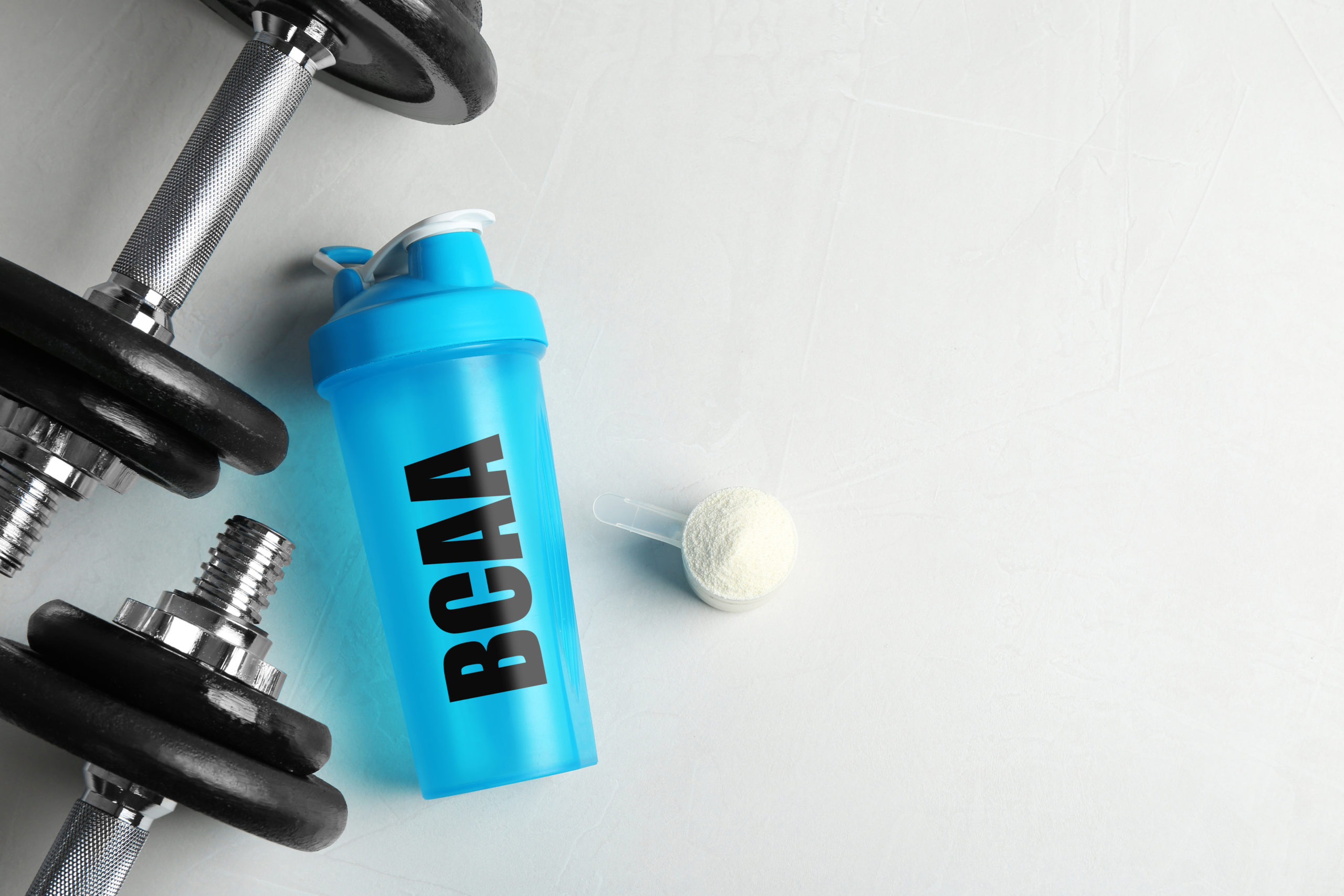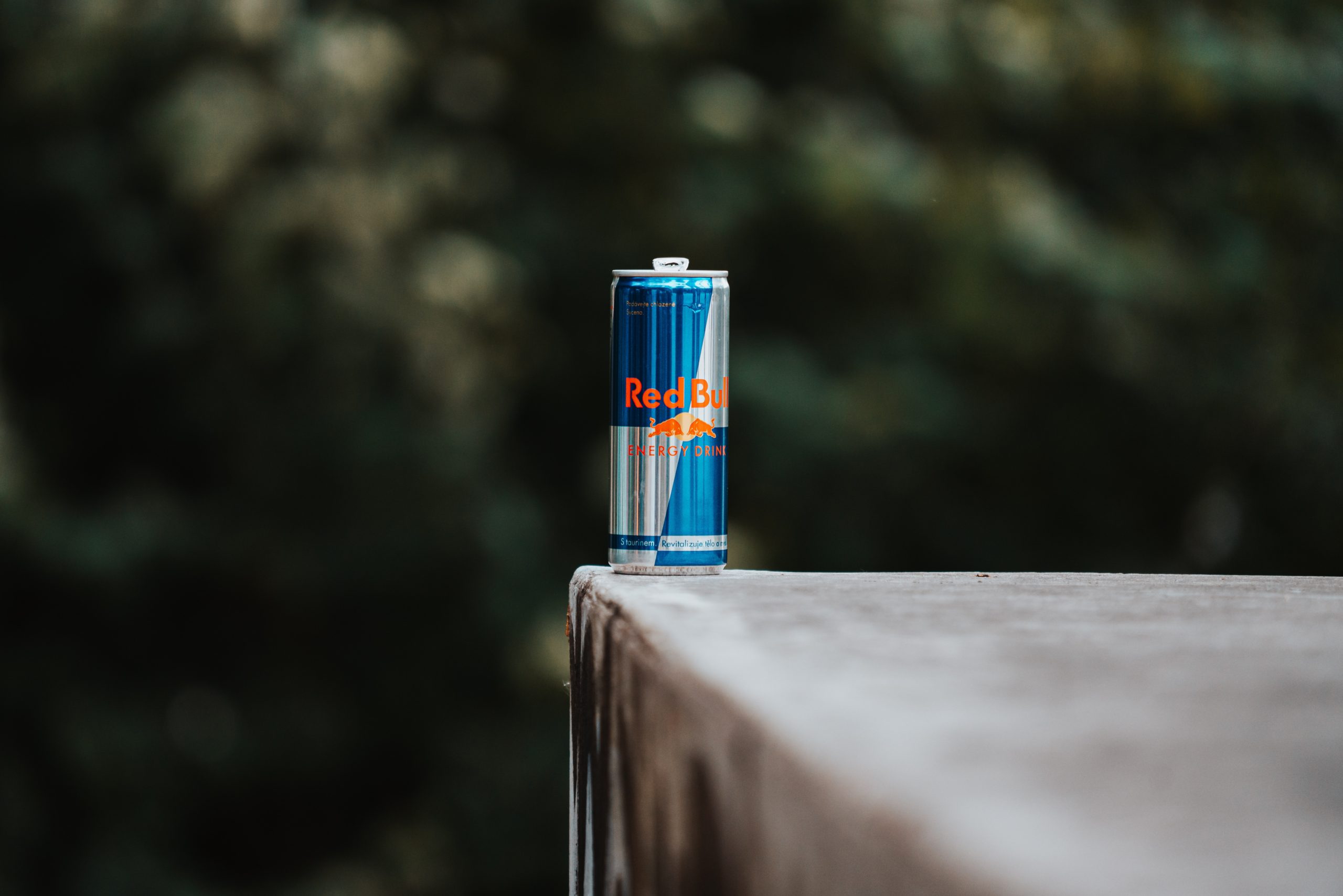What Are BCAAs?
BCAAs stands for branched chain amino acids and are the main building blocks to protein. The branched chain refers to their chemical structure, and there are three of them- leucine, Isoleucine, and valine. Along with these three amino acids, there are 6 others that are considered essential amino acids. Essential amino acids can only be consumed through our diet, while the other 11 nonessential amino acids are produced in our body.
Why Do People Use BCAAs?
There are many reasons people will consume BCAAs as a supplement, production of an anabolic response (muscle building process) being the main reason. Besides increasing muscle protein synthesis, other popular reasons include: reducing DOMS (delayed onset muscle soreness), decreasing in muscle protein breakdown, improving performance, and limiting fatigue. Since BCAA supplementation has now become a multi-million dollar industry, it is important to know what the benefits are, if any, through proper supplementation.
Do BCAAs Work? (increasing muscle size, losing weight, improving fitness stamina?)
The big question that everyone wants to know: DO THEY WORK? Unfortunately, it is not a simple yes or no answer. Since it is a fairly new and rapidly growing industry, research is limited. What we do know is that all 9 essential and 11 nonessential amino acids must be present in adequate amounts for muscle protein synthesis to occur. Having said that, just consuming BCAAs alone will not result in muscle protein synthesis because BCAA supplementation only provides 3 of the 9 essential amino acids.
However, some studies suggest that BCAA supplementation before and after damaging strength exercise may reduce indices of muscle damage and accelerate recovery. One study that included a 7 day loading phase and a 5 day exercise period, while supplementing 20g of BCAAs every day, saw a significant reduction in creatine kinase (CK) efflux (an enzyme indicative of muscle damage and inflammation) and muscle soreness, while accelerating recovery.
By now, you are probably realizing it is not as cut and dry as the fitness and supplement industry makes it seem. To conclude, I will give my recommendations and thoughts. BCAA supplementation is not for everyone, and without being supplemented properly there will be no added benefit. Based on the research that is out there, supplementing with BCAAs may be beneficial for muscle soreness and fatigue, as well as increasing muscle protein synthesis. The studies that have been shown to have positive effects included 10g of BCAA supplementation in the morning or before working out and 10g after exercise, with a leucine, isoleucine, and valine ratio of 2:1:1, respectively. In order to make BCAA supplementation as effective as possible, a post workout meal containing all essential amino acids should be consumed in addition to BCAA supplementation.
Other FAQs
How do BCAAs differ from creatine?
By now, you know BCAAs are some of the main building blocks to protein and are essential for protein synthesis to take place. Creatine is also just as important, especially when it comes to the performance side of exercise. Creatine is essential for muscle contraction, and over 95% of the creatine in our bodies is located in skeletal muscle (i.e. the muscles that help move our body). The biggest difference between BCAAs supplementation and creatine supplementation is that BCAA supplementation is intended to help with recovery and muscle protein synthesis (factors outside of the gym), and creatine, most commonly supplemented as creatine monohydrate, helps supply energy to your working muscles. Therefore, with creatine supplementation, you can improve performance by being able to work longer sets in the gym. Athletes, powerlifters, and strength-based lifters are best suited for supplementing with creatine because it is going to be most effective for heavy lifting and short, high intense bouts of exercise.





